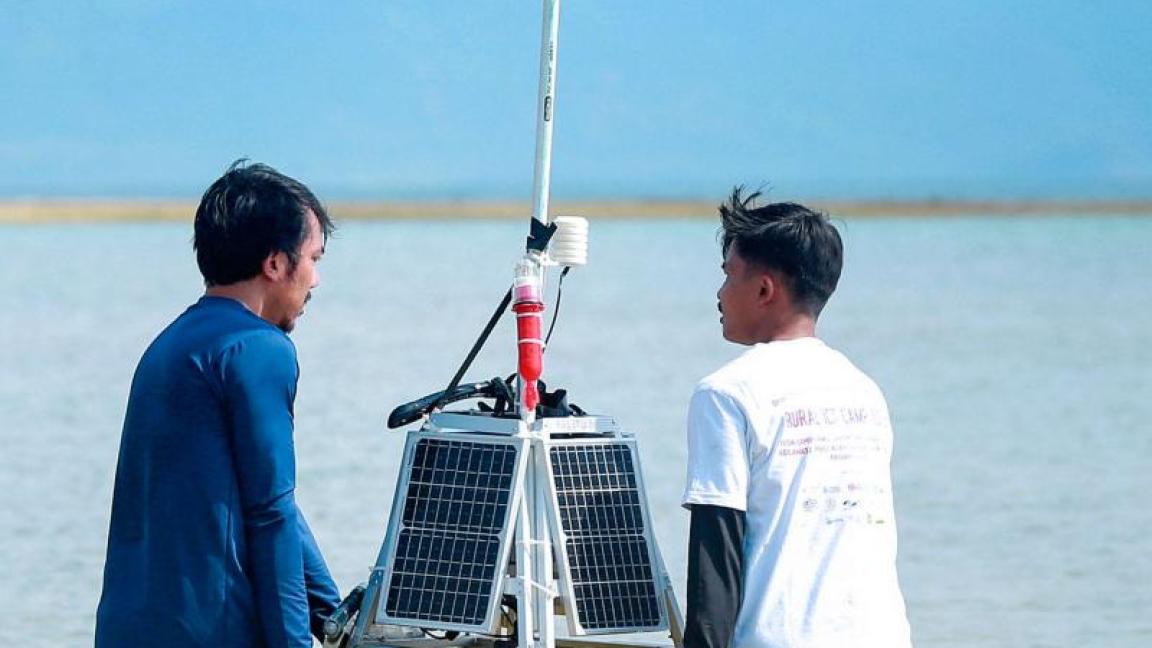
Climate action and environmental protection
We work with governments, companies and citizens worldwide to promote a climate-friendly society and thriving natural environment – to preserve Earth as a liveable place for us all.
Our skills and expertise
-
Implementing climate targets
GIZ supports governments in reducing CO₂ emissions, protecting themselves against the impacts of climate change and implementing their national climate targets.
-
Adapting to climate change
With more investment in climate-friendly, green technologies and services, we can better adapt to the impacts of climate change worldwide.
-
Securing resources
Protecting nature through sustainable use of the natural environment. We advise on water, soil, air, forests and oceans – this builds resilience and can defuse conflicts.
-
Sharing responsibility
We ensure that the state, the private sector and civil society pool their strengths so that change benefits everyone.
-
Promoting green jobs
No climate action without experts: a focus on learning how environmental protection and climate action work successfully in practice – climate action and economic development thus go hand in hand.







Projects in focus

